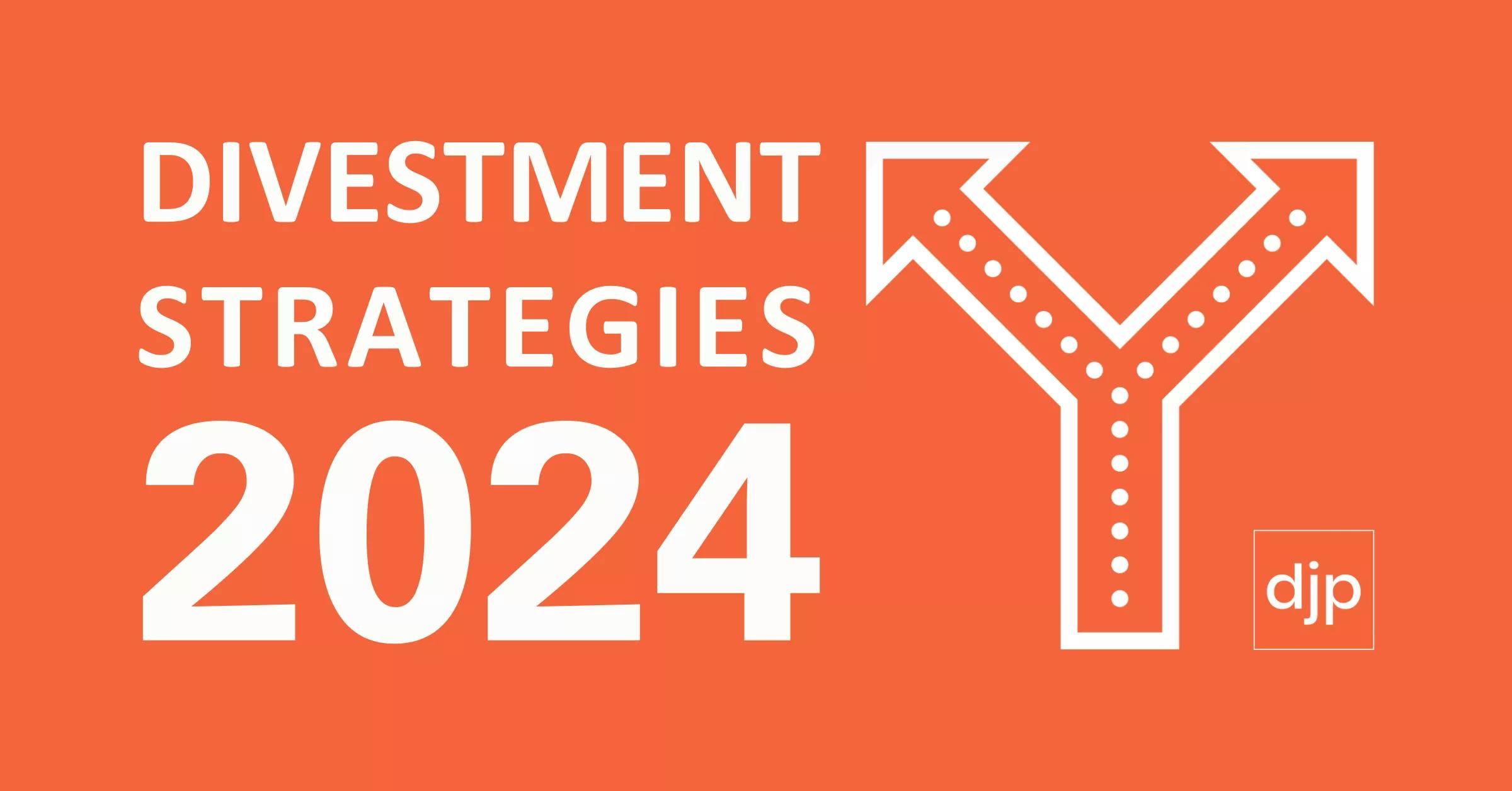Revelling in Verbier’s fresh powder runs contemplating your strategic goals for 2018? Here’s our top two must-dos to build value in your practice, as well as a couple of don’ts.
Office hygiene affects sale price. No, really. Scrub up. I mean literally. Tidy up that atomic scrap heap you call a desk. Invest in a Hugo Boss suit. Gents, learn how to knot a Windsor properly so you don’t look like a Hangman stick figure. Ladies, ditch the Nine West ballet flats for Ferragamo.
I feel like a Polish grandmother playing matchmaker saying this but presentation and appearance of your office and person matters. Here’s why. Your apparently harmless mess is being computed in a buyers mind when they walk the floor of a prospective target as part of the due diligence process.
Workpapers and files strewn all over senior partners’ office desk and floor tell them you don’t have your finger on the pulse of clients. They’ll assume the firm doesn’t have a well functioning CRM system, and 99.9 percent of the time they’ll be dead right.
They know that makes you reactive to what’s going on, and that the firm lacks sophisticated systems and procedures.
The frightful shambles is a dead giveaway that you haven’t modernised the practice using smart technologies for efficiency gains.
And since crucial intellectual property is likely stored inside some old-timer’s head they’ll also be running an assessment of how much key-man risk should be built into the upfront and residual ratio.
While we’re at it, that sky-high pile on one staffer’s desk, when all the others are empty, is a red flag that work is not being delegated efficiently. Accounting firms are a conveyor belt, and this one is faulty.
Rather than a hard-working, high value team member, what a buyer sees in that heavily laden desk is a dangerous individual with the potential to poach $100,000-$200,000 worth of fees that they just paid somewhere between 80c in the dollar and a premium of $1+ for.
The clawback position just went from 80 percent of the purchase price upfront and the remainder over two years to something so unpatable I can’t write it here.
Bottom line: Your office premise doesn’t need to be of the Rolls Royce variety but there is no excuse not to be neat.
Get staff to sign off on employment agreements. January and July are only two months of the year when you can pull off this maneuver without lighting up a neon sign that says ‘We’re about to sign a heads of agreement to sell this barge’.
A new calendar year, or start of the new financial year, offers a cloak of legitimacy to lock up your client base and establish an open understanding with staff wanting to jump ship that they will either have to buy clients they want to take with them, or honestly walk away.
Call it a compliance exercise. Fake an audit. Either way, it’s worth it. If a buyer sees that two or three practitioners responsible for managing Top 20 clients are not on contract, they’re going to ask how long the staff member has been there, and why they’re not on a current employment contract? Without a good answer the pendulum governing the clawback position just swung in the purchaser’s favour.
Bottom line: This loose end is costing you dearly. Honestly assess whether your fear of upsetting key personnel to get a signed contract is worthwhile. The answer maybe ‘Yes’, but you should at least run the numbers.
For the love of God DO NOT
Do deals on a whim. I’m going to steal a line from Jumanji: Welcome to the Jungle here: “The world is a dark and dangerous place. Be afraid of everyone, and everything, in it.”
This is a fairly apt description of accounting firm transactions. Gut instinct is good but often imperfect. Run the numbers. Run the personality tests. Collect empirical evidence. Everything is not going to be alright.
Too often I see people buying firms on impulse because they’ve known the managing partner for 40 years and ‘They’re really nice. A professional with integrity’. They think they know what’s under the hood of that practice. Trust me, you don’t.
The same goes for vendors – you need to qualify the buyer because they could be absolutely I-N-S-A-N-E. Complete and utter cataclysmic fallout post sale is possible. But for reasons beyond my understanding so many smart people who should know better don’t see it coming.
Get emotionally attached. We’re all familiar with the term deal-breaker. These are not minor kinks that crop up throughout the due diligence process which can be worked out. These are big ugly, grounds-for-divorce type issues. When you hit one of these roadblocks, do yourself a favour and walk away.
If the story keeps changing and numbers start jumping around in the due diligence process – the vendor suddenly adds 10 percent to income claiming an influx of new clients, for example – heed the warning and retreat.
If the seller shows up to the initial meet-and-greet on a $500,000 deal with the legal team used by BHP Billiton, they’re hiding something. Quit the field. Optimism in circumstances like this will get you killed.
Pride, greed and impatience very often inhibit accountants’ ability to withdraw from a bad deal.
They’ve invested so much effort, they’re mentally exhausted and too emotionally invested to contemplate starting the process all over again, even though they know something stinks.
They won’t use independent third parties as a sounding board because they’re afraid it will show them up. This is especially detrimental in assessing firm culture. Stay flexible and seek confidential advice. Anonymity is key.



